What is a leg ulcer?
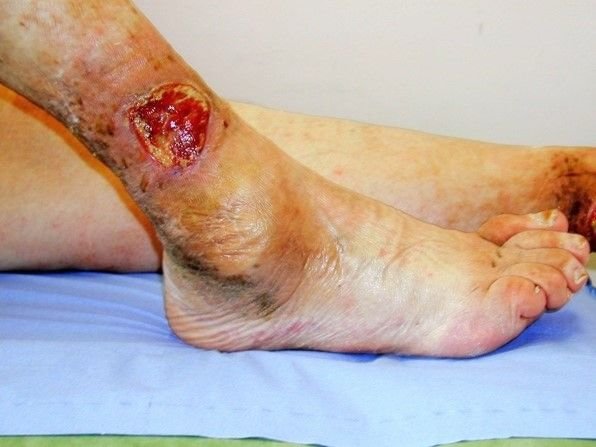
Fig.1:A diagram showing leg ulcer (www. Vascularsociety.org.uk )
A leg ulcer is simply a break in the skin of the leg which allows air and bacteria to get into the underlying tissue. This is usually caused by an injury often a minor one that breaks the skin.
In most people such an injury will heal up without difficulty within a week or two.
However, when there is an underlying problem the skin does not heal and the area of breakdown can increase in size. This is a chronic leg ulcer.
Other causes such as diabetic ulcers, angio-necrotic ulcers, blood diseases or cancers, are more unusual.
Venous leg ulcer are a chronic wound that can take months to heal. They cause pain, itching, swelling and feelings of being unwell.
They can also have a dramatic impact on quality of life. Yet conventional medicine has few options for treatment of skin ulcer.
The standard care combines cleaning and dressing of the wound plus compression stockings or bandaging to improve blood flow to the area.

Fig.2: Treatment. ( www.google.com)
Antibiotics may be prescribed in some cases.
One theory is that in chronic wound bacteria Protect themselves by forming bacterial biofilms. These biofilm help to make the bacteria resistant to antibiotics. They may also be a cause of the slowed healing rate of ulcers. In any case, antibiotics do nothing to help heal the ulcer.
They don't just look hideous and hinder your confidence, but can also be an indication of a more serious underlying medical condition. Leg ulcers are the consequences of minor injuries on the leg where your skin breaks and allow air or bacteria to get to the underlying tissues. Usually, this damage heals on its own within a week or two, but sometimes the skin doesn't heal and firms ulcer that can be quite painful. In this article I have listed home remedies that can help treat leg ulcers naturally.
Leg ulcer are sores that develop on broken or injured skin. Usually they are more prominent right above the ankles, on the inner side of your legs.
Other than the skin injuries, leg ulcers may also develop as a result of an underlying medical condition. The diseases which may lead to the development of leg ulcer are discussed briefly below.
WHAT CAUSES LEG ULCERS?
some of the most common diseases that lead to the formation of ulcer on your legs includes :
VENOUS DISEASE
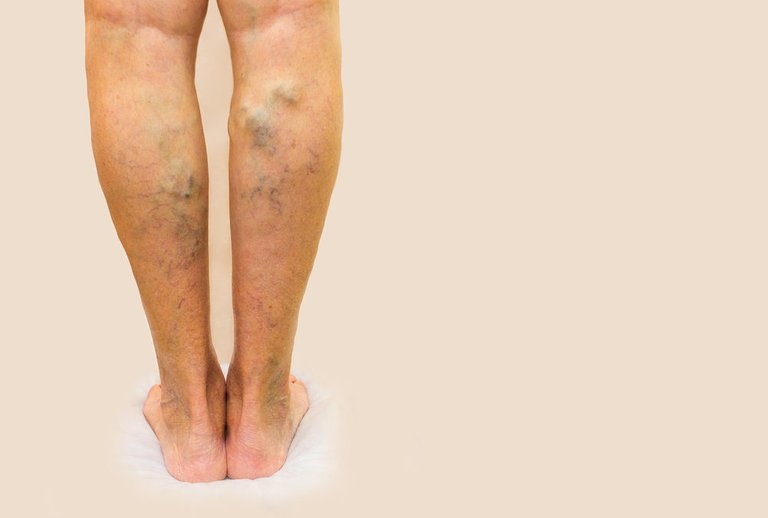
Fig.3: A person with venous disease .( www.albellahealth.com)

Fig.4: A person with venous disease .( www.albellahealth.com)
This is one of the most common underlying causes of leg ulcer. It accounts for about 80% of cases of ulcers in the leg.
Venous disease is usually a result of faulty valves in the veins. When the vein fails to push blood towards the heart, it flows back into the leg eventually causing ulcer
ARTERIAL DISEASE: another disease that triggers leg ulcer is arterial disease. This account for 15% of leg ulcers and is as a result of blocked arteries in tree the leg that inhibits blood flow to the underlying tissues.
OTHER MEDICAL CONDITIONS : Leg ulcers can also be formed due to medical conditions like diabetes or rheumatoid arthritis.
So how do you know if you have developed leg ulcers?
Look out for the signs and symptoms mentioned below.
SIGNS AND SYMPTOMS OF LEG ULCERS
The most common symptoms that accompany leg ulcers are as follows:
Swelling of the ankles
A swelling and enlarged vein in either of your legs
Heaviness in the leg
The leg begins to ache if you stand for long periods
Discoloration on the leg
Irritated or flaky skin
These symptoms often vary in their severity. Although most leg ulcer usually disappear in a few days, some may be non-healing . It is always better to try and heal leg ulcers as soon as you can to prevent further complications. Or that you need to diagnose them first. The following are a few most common techniques used to diagnose leg ulcers.
SIDE EFFECTS OF LEG ULCERS
Fever
Unbearable pain
A green and foul-smelling discharge from the ulcers
The skin around the ulcers begins to swell
The sores become bigger
Inflamed skin around the ulcers
The fear of developing these complications is enough for you to try and battle these nasty-looking sores at the earliest.
Taking the necessary precautions and using the remedies mentioned above on a daily basis, without fail, should help heal leg ulcer pretty fast. Nevertheless, you must see your doctor immediately if the ulcers on your leg seem non-healing or worsen in their appearance. Try the remedies listed in the article and let me know if they worked you .
Effective Home Remedies To Cure Leg Ulcer Naturally
HOW TO HEAL LEG ULCERS NATURALLY
Aloe Vera
Coconut oil
Honey
Gotu Kola
Tea Tree Oil
Turmeric
Apple Cider vinegar
Calendula
Agrimony
Ribwort
Arnica
Horsetail
Chickweed
Slippery elm
There are many herbs that have been traditionally used for wound healing. Herbalist describe this action as vulnerary.
Now, as antibiotics resistance is growing, attention is turning back to herbal remedies to find new treatments. What's more, findings often confirm the traditional herbal use including the wound healing properties of plants, known since ancient times.
In fact, several studies shoes the effectiveness of herbal remedies for healing leg ulcers.
As well as promoting skin healing, many herbs have additional properties that may provide some benefits. Such as reducing inflammation, soothing the skin and preventing infection.
MERIGOLD OR CALENDULA

Fig.5: calendula or Marigold - calendula officinalis ( www.seedempire.com )
Calendula, is a genus of about 15–20 species of annual and perennial herbaceous plants in the daisy family Asteraceae that are often known as marigolds.
They are native to southwestern Asia, western Europe, Macaronesia, and the Mediterranean.

Fig.6: calendula or Marigold - calendula officinalis ( www.seedempire.com )
The bright and yellowish orange Marigold flowers are a wonderful wound healing herb. They can be prepared as an infusion or healing balm or ointment.
Calendula speeds up healing by stimulating production of granulation tissue. The herb also has antiseptic and anti-inflammatory properties. It is often used by herbalists whenever there is infection, inflammation or damage to the skin or other tissues.
In a scientific study, an extract of Marigold prepared as an ointment was used to treat lower leg venous ulcers. The ointment was applied twice a day for three weeks, compared to a control group that had saline solution dressings applied. After three weeks, treatment was assessed. The Marigold ointment was better for treating ulcers than the control treatment.
Another study compared treatment of venous leg ulcers with a Calendula extract against a control the participants wound was assessed every two weeks. The study continued for a maximum thirty weeks, or until the ulcers healed. The ulcers treated in the calendula group healed in an average of twelve weeks. Whilst the ulcers of the control group took an average of twenty five weeks to heal.
GOTU KOLA OR CENTELLA ASIATICA
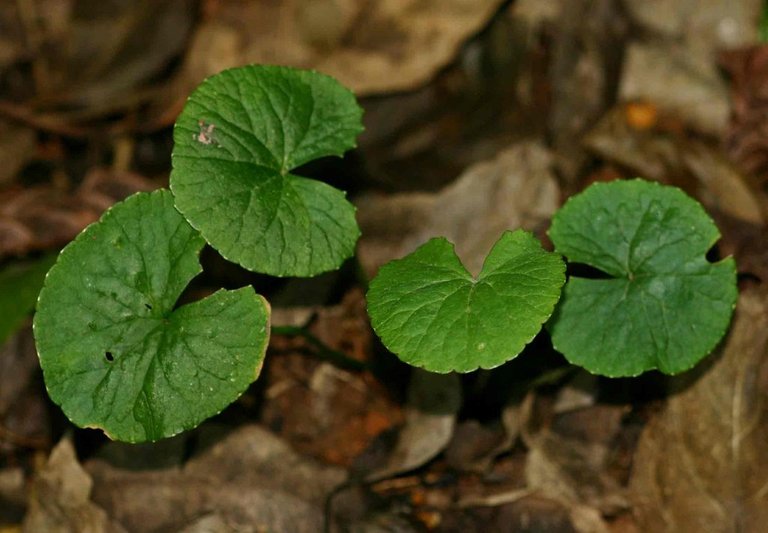
Fig.7: Centella asiatica — Gotu Kola tincture ( www.shop.theherbshoppepdx.com)
Centella asiatica, commonly known as centella, Asiatic pennywort or Gotu kola, is a herbaceous, frost-tender perennial plant in the flowering plant family Apiaceae. It is native to wetlands in Asia.
This is a herb from the ancient Ayurvedic tradition of herbal medicine. It is now widely used by herbalist in western herbal medicine. It has a history of use as a tonic herb but is also useful for skin problems, wounds and digestive health. This reveal suggests that Gotu Kola may increase collagen synthesis and the speed of skin healing. It can be used as an ointment, cream or gel, but the gel may be the best preparation for wounds and ulcers.
GOTU KOLA : You will need a handful of gotu Kola leaves or 1 tablespoon of dried gotu Kola and water.
WHAT YOU HAVE TO DO : Grind the gotu Kola leaves with enough water to form a thick paste.
Apply this paste to your leg ulcers and leave it on for 15-20 minutes.
Wash it off. Apply this paste 1-2 times daily.
WHY THIS WORKS : Gotu Kola is a creeping herb that is mainly found in tropical regions like Asia and Africa. It is used to treat open wounds like leg ulcers and burns. The presence of compounds like Asiatic acid and madecassic acid gives gotu Kola it's wound-healing and anti-inflammatory properties.
ALOE VERA
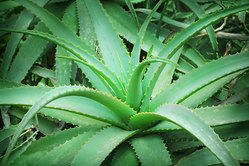
Fig.8: Vera plants (www.m.indiamart.com
Aloe vera is a succulent plant species of the genus Aloe. An evergreen perennial, it originates from the Arabian Peninsula but grows wild in tropical climates around the world and is cultivated for agricultural and medicinal uses.
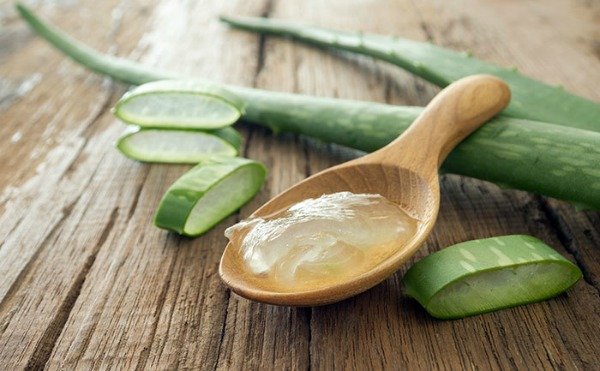
Fig.9: Aloe juice Vera ( www.my-raw-food-living.com)
The gel of the Aloe Vera plant is a wonderful healing aid for any inflamed or damaged skin. It sinks into the skin leaving it softened, soothed and moisturized. For this reason it is often include in cosmetic products.
A study compared using Aloe Vera gel for chronic leg ulcer against conventional treatment. Aloe Vera gel was applied twice a day. Treatment progress was assessed after knew week and then monthly for three months.
After three months the Aloe Vera gel treated group has 93% healing. Whilst in the control group only 47% had healed.
These studies appears to indicate that herbal remedies have a lot to after in the healing of skin ulcers.
WHAT YOU HAVE TO DO
You will need Aloe Vera gel
Take an aloe Vera leaf and cut it slightly,
Scrape off the jelly-like substance from the leaf
Apply the gel directly to the ulcer on your leg. Do this 2-3 times daily.
WHY THIS WORKS : Aloe Vera is a therapeutic herb that is widely used to treat various ailments. It is extremely effective in healing leg ulcers as it not only inhibits the growth of bacteria but also prevents further infection : it contains compounds like anthraquinones and certain hormones that are said to render wound healing properties to it.
COCONUT OIL

Fig.10: Coconut oil (www.sahicosmetics.com)
Coconut oil, or copra oil, is an edible oil extracted from the kernel or meat of mature coconuts harvested from the coconut palm. It has various applications.
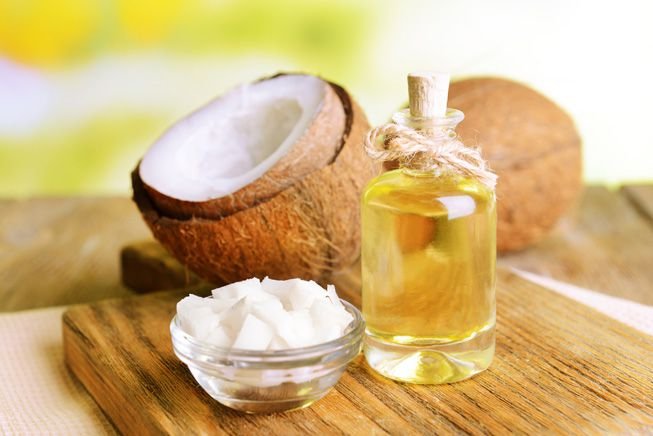
Fig. 11: Coconut oil (www.mnn.com)
You will need some virgin coconut oil. It has a lot of health benefits
WHAT YOU HAVE TO DO : Take some virgin coconut oil in your palm and apply it gentle to your leg ulcers. You must do this 2-3 times daily for a speedy recovery
WHY THIS WORK : Coconut exhibits wonderful antibacterial properties owing to the presence of fatty acids like lauric acid. It is also anti-inflammatory and is quite effective in healing leg ulcers and the associated symptoms.
HONEY
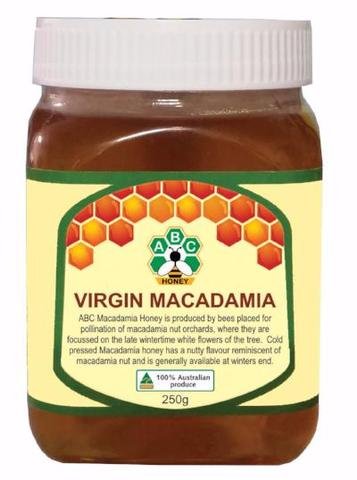
Fig.12: A B C virgin Honey — macadamia ( www.abchhoney.com)
Also known as raw honey. Extra Virgin Honey has not been heated or filtered. When you open a jar youmay find cappings wax, bits of propolis and pollen. Because it is unprocessed,all the enzymes, amino acids, phytochemicals, pollen and other nutrients are intact to help your immune system and digestive system ,giving you the full health benefits of the HONEY. Extra virgin honey is also known to help allergies, soothe sore throat, cough, promotes healing of burns, wounds rashes and provide energy. When used in a lotion bar, it is the ultimate moisturizer

Fig.13: A B C virgin Honey — macadamia ( www.abchhoney.com)
virgin honey
you will need 100% organic honey on your fingertips.
WHAT YOU HAVE TO DO : Apply it gently to the open ulcers on your leg and leave it on.
You can wash it off with water after 10-15 minutes.
Do this at least 2-3 times daily
WHY THIS WORKS
Honey is one of the most commonly used remedies for treating wounds and burns and it is one of the best remedies for leg ulcers. It's an anti-inflammatory properties help reduce swelling and pain, whilst it's healing properties accelerate the healing of the ulcers. Honey is also anti bacterial and can inhibit further infection of the ulcers
TEA TREE OIL
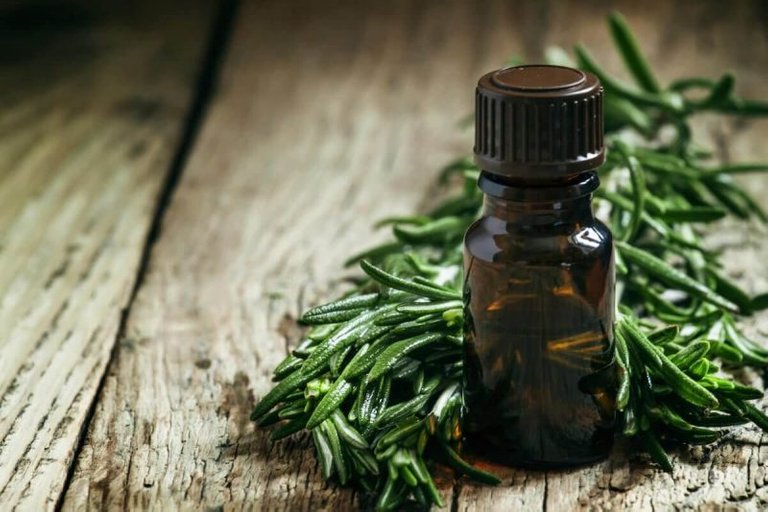
Fig.14: Tea tree oil (www.keeperofthehome.org)
Tea tree oil, also known as melaleuca oil or ti tree oil, is an essential oil with a fresh camphoraceous odor and a colour that ranges from pale yellow to nearly colourless and clear.
Tea tree oil is known for its topical antiseptic and anti-fungal treatment or infection-reducing benefits. It also has antibiotic properties and helps aid against aliments such as skin infections, rashes, burns, dandruff and much more.
You will need 10 to 12 drops of tea tree oil. 30mL of coconut oil.
Mix the tea tree oil with the coconut oil.
Apply a little of this mixture to the leg ulcers
Store the remaining mixture in a clean container for further use.
Do this at least twice daily for best results.
WHY THIS WORKS : Tea Tree oil is a powerful antiseptic and is used to treat various skin infection. Researchers have proved the efficiency of tea tree oil in treating chronic leg ulcers as well. It also exhibits strong antibacterial and anti-inflammatory activities, which can be of great help in the treatment and healing of leg ulcers.
TURMERIC
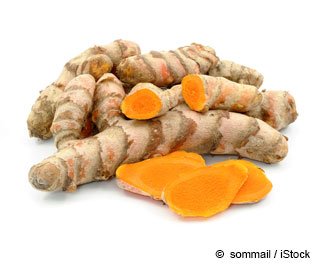
Fig.15:Turmeric — Curcuma longa ( www.foodfacts.mercola.com)
Turmeric is a rhizomatous herbaceous perennial plant of the ginger family, Zingiberaceae. It is native to the Indian subcontinent and Southeast Asia, and requires temperatures between 20 and 30 °C
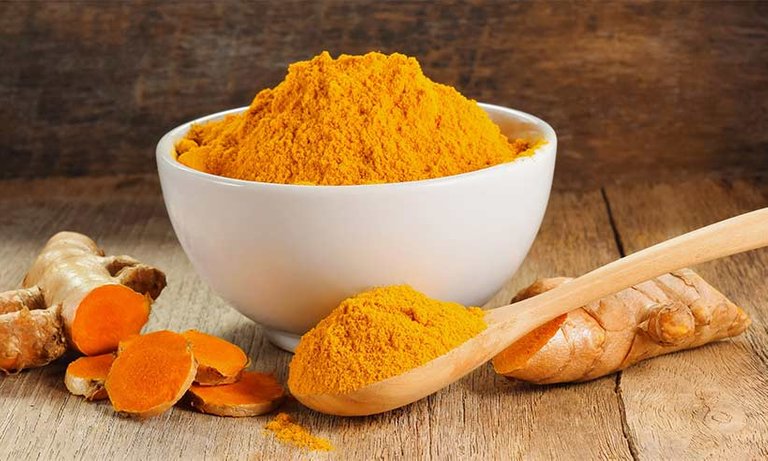
Fig.16:Turmeric ( www.hellomagazine.com)
You will need one the spoon of turmeric powder and water to make a thick paste. Apply the paste to the ulcers on your leg and let if dry.
Wash it off with warm water.
You can also consume a glass of hot milk with turmeric to help your body combat the infection from within. You must do this at least twice daily.
WHY THIS WORKS: Turmeric has been used for ages for the healing of wounds due to its antibacterial properties. It contains compound called curcumin that has exceptional anti-inflammatory and wound healing properties.
APPLE CIDER VINEGAR
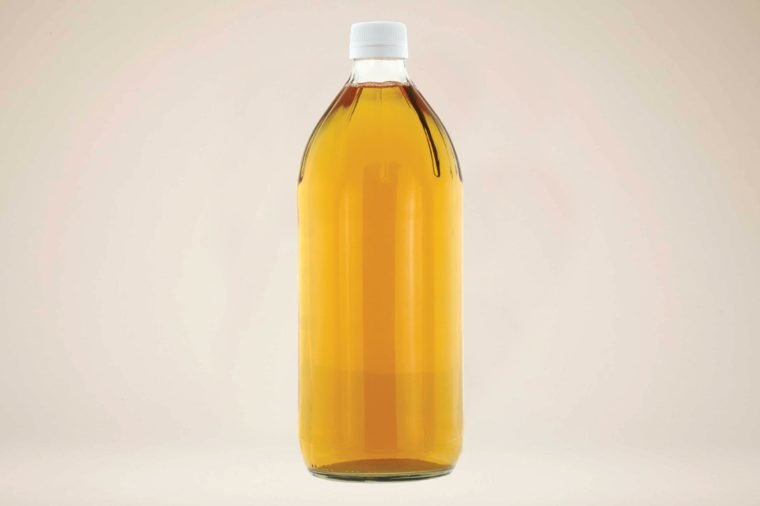
Fig.17: Apple cider vinegar (www.google.com)
Apple cider vinegar is a helpful health tonic that has shown promise in helping diabetes, cancer, heart health, high cholesterol, and weight loss and so on .
You will need one table spoon of apple cider vinegar one to two tablespoons of warm water, a small washcloth. Mix the apple cider vinegar with warm water. Soak a small washcloth in this solution and place it on the wound . Leave it on for 10 - 15 minutes. Do this twice daily.
WHY THIS WORK : Apple cider vinegar is another natural but effective remedy for leg ulcers. It contains high amounts of acetic acid and is also a rich source of various vitamins and minerals, which make it very effective in treating microbial infections like leg ulcers. Due to it's wound-healing nature, it is also widely used to treat varicose veins and hence can be quite helpful in treating leg ulcers.
PREVENTIVE TIPS
Keep a check on your weight
Keep your legs elevated every now and then
Wear compression stockings at all times, except while sleeping
Avoid standing or sitting at a stretch
Indulge in gentle exercise and walk daily
Keep a check on your blood sugar levels as leg ulcers can also be caused by diabetes
Leg ulcers may take three or four months to heal. However, sometimes, they might take even longer, and in a few cases, they do not heal at all. I'm such situations, please Consult a doctor immediately. Always keep the ulcers clean to help it heal faster.
If your leg ulcers keep coming back, it means that they have turned chronic and there is some underlying medical condition ( like a venous disease) causing it. This happens when your venous system is unable to pump blood back to the hear
Not until now i never knew this kind of medical condition is called 'leg ulcer'. Things i like this reduces one's self esteem and confidence.
Indeed, i have learnt something new today...
You are very much welcome,
Thank you
Educative!
Thanks Doc.